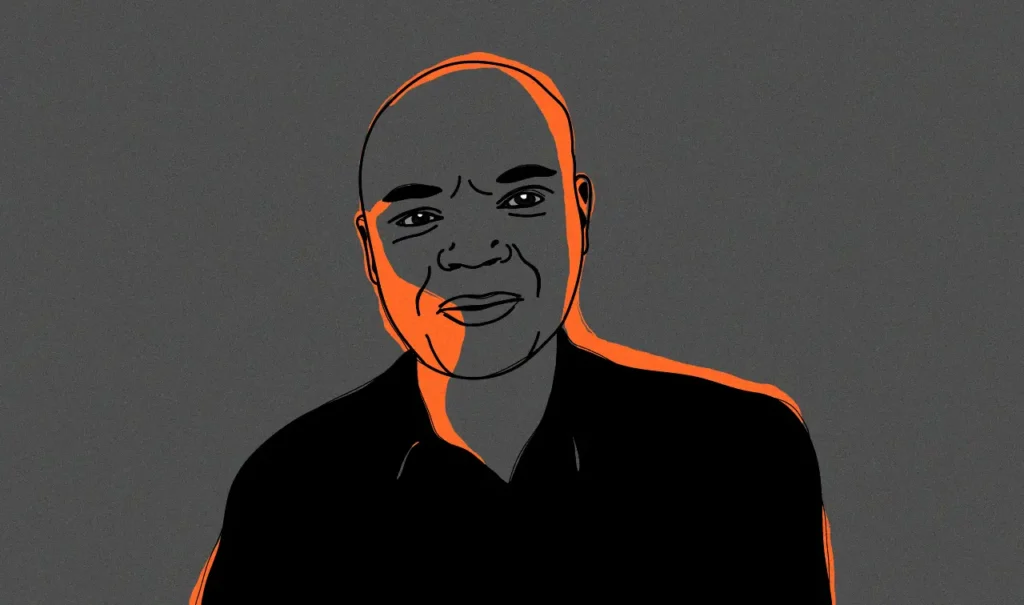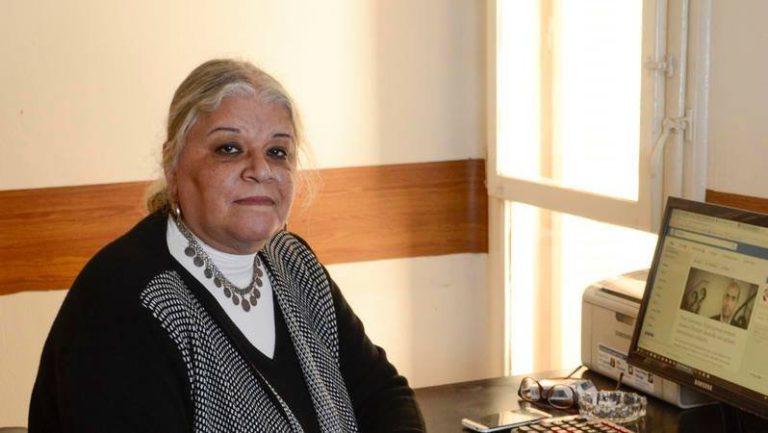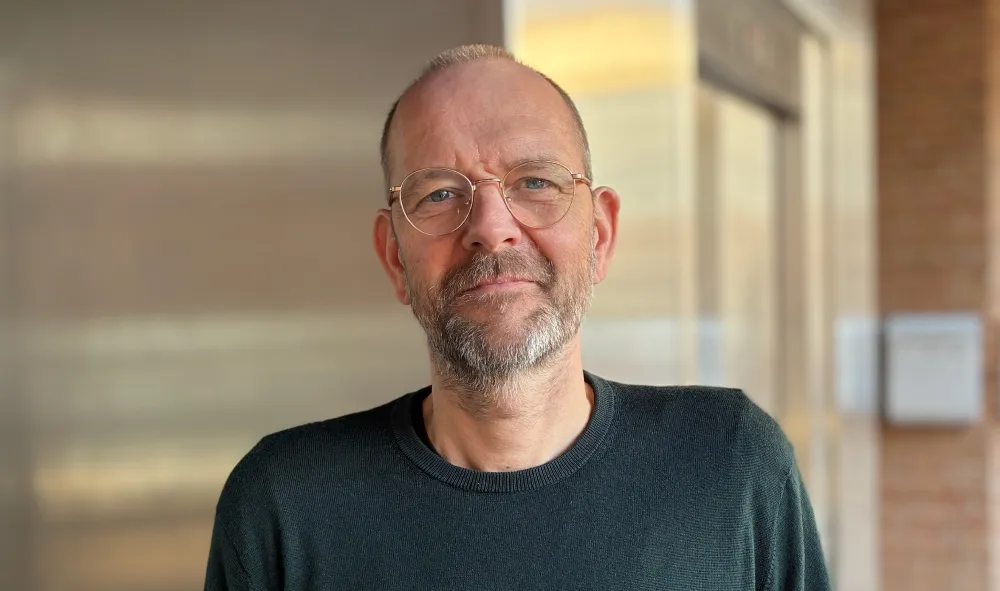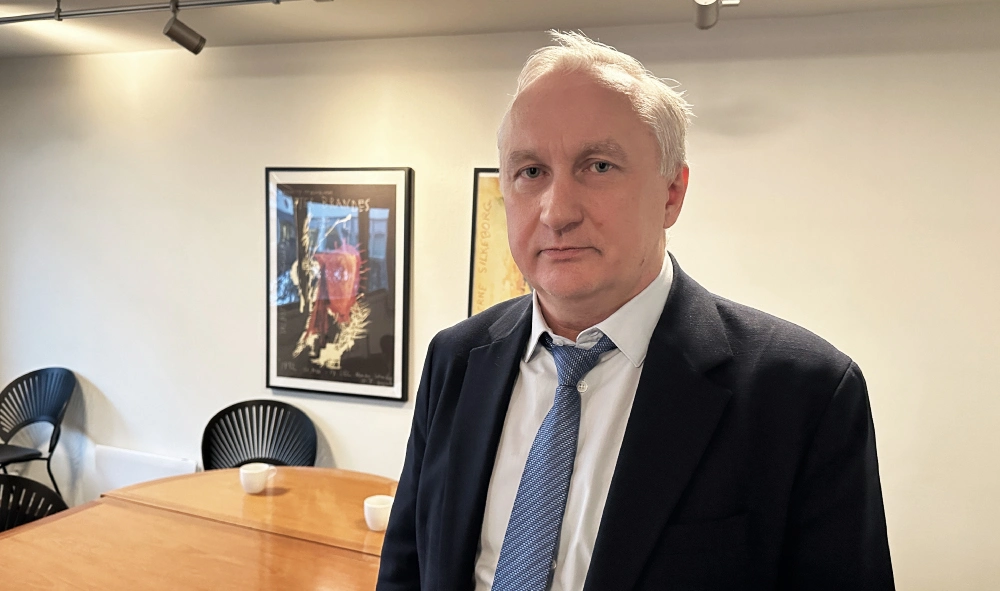A finance bill has sparked mass protests in Kenya, where police forces have cracked down on riots in major cities such as the capital Nairobi. According to the Kenya National Commission on Human Rights, 39 people have been killed and 361 have been injured due to clashes with the police.
CEO of DIGNITY’s partner MIDRIFT HURINET in Kenya, Joseph Omondi, gives an insight into the current situation:
»The protests were triggered by the 2024-2025 Finance Bill that sought to increase taxes. Particularly, the increased taxes on basic commodities and things touching on the youth directly such as sanitary pads, diapers, mobile money transfers, and taxes affecting the creative industry played a key role in initially driving the protests. The protests are being fueled by issues regarding government wastage and corruption, government accountability, high unemployment rates especially among the youth, abductions and shooting of unarmed protesters, extrajudicial killings, and political arrogance by political leaders especially the ones allied to the government«.
Can you provide an overview of the scale and impact of the violence reported during the recent protests in Kenya?
»There are concerns about the government using abductions as a tool to suppress silence and install fear on the perceived leaders of the protests. Property and businesses worth 2.4 billion were also destroyed during the protests, as reported by the government. For instance, properties belonging to the members of parliament allied to the government were profiled. Additionally, transport was paralyzed and students on their half-term breaks were caught in the middle of the protests«.
How would you describe the situation in Nakuru?
»The protests in Nakuru County were widespread, taking place in 8 out of 11 sub-counties. Three people were killed by the police, 12 people sustained gunshot wounds, and 2 people were hospitalized with serious injuries due to police brutality. The protests have led to detrimental economic implications. Most of the businesses within the City Center and the 8 sub-counties were closed and many people could not go to work, affecting their income for the days the demonstrations were running. Besides the physical injuries, families were also affected by trauma and distress, highlighting the need for Mental Health and Psycho-Social Support«.
How are MIDRIFT supporting local communities in Nakuru and other affected areas to navigate the aftermath of violent protests and ensure their rights are protected?
»MIDRIFT staff together with Community Health Promoters are assisting the affected families and also offering them referrals. We have also been responding to issues of abductions, arrests, and securing the release of human rights defenders and alleged organizers of peaceful protests arrested in relation to the protests. Community Health Promoters who were capacity-built by MIDRIFT in Psychological First Aid (PFA) have been responding to extreme cases of distress as a result of the demonstrations. We have also been monitoring and documenting human rights violations in Nakuru County«.
Reflecting on Kenya’s recent peaceful election, what are the key lessons learned in fostering dialogue, managing political tensions, and ensuring democratic processes that could be applied to the current protests and political unrest?
»Through political and civic education forums, members of the public were able to understand their role and effectively participated in the election process. Through these forums, the youth can be meaningfully engaged to address peacefully their democratic and governance grievances. And also capacity strengthening of the media on conflict-sensitive reporting is key in de-escalating conflicts. Verification of information before disseminating through social media is vital in preventing the passage of disinformation that may escalate the conflict«.
In what ways can reforms undertaken to improve police conduct during the election contribute to reducing violence and enhancing trust between law enforcement and the public amidst the current crisis?
»Regular convening of Multi-Sectoral Coordination and Collaboration Forums on Peace and Security. For example, the forum brings together the police, county commissioner, political leaders, youth leaders, women leaders, media, and civil society organizations. And also strengthen the capacity of the police monitoring and oversight institutions like Independent Police Oversight Authority (IPOA) and Internal Affairs Unit (IAU) to undertake their mandate by taking action against police officers who violate the law«.





